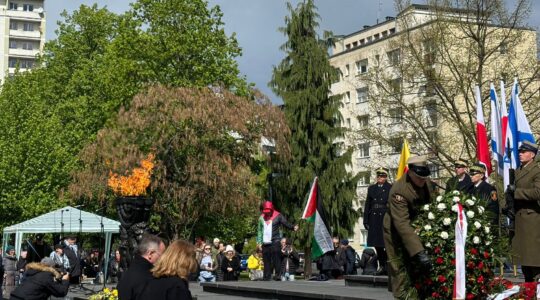BUENOS AIRES, Argentina (JTA) — Argentina’s main Jewish community organization will hold new elections after failing to form a new government because of tensions between the religious and secular sectors.
A special assembly on March 29 decided to call for the new vote in April 2013 after AMIA, reportedly for the first time in its 117-year history, could not form a coalition to name a new president. The decision comes following a year of negotiations, tension and accusations between secular and religious groups in the bid to find a successor to President Guillermo Borger of the Religious United Front.
In April 2011, a record number of 10,757 Buenos Aires AMIA members voted to choose a new administration led by the Religious United Front, with 4,360 votes, or 41 percent of the vote, followed by Plural Action with 3,830 votes, or 35 percent of the vote. Next were the Community Front with 20 percent and the Lajad bloc with 3 percent.
Since no candidate received more than 50 percent of the vote, the participating parties were called upon to negotiate a coalition
The Religious United Front and Plural Action have opposing views on core issues such as conversion, mixed marriage and the type of Jewish education that AMIA must support.
AMIA has always chosen its leaders by democratic vote, even when Argentina was not a democracy and was ruled by military dictatorships.





